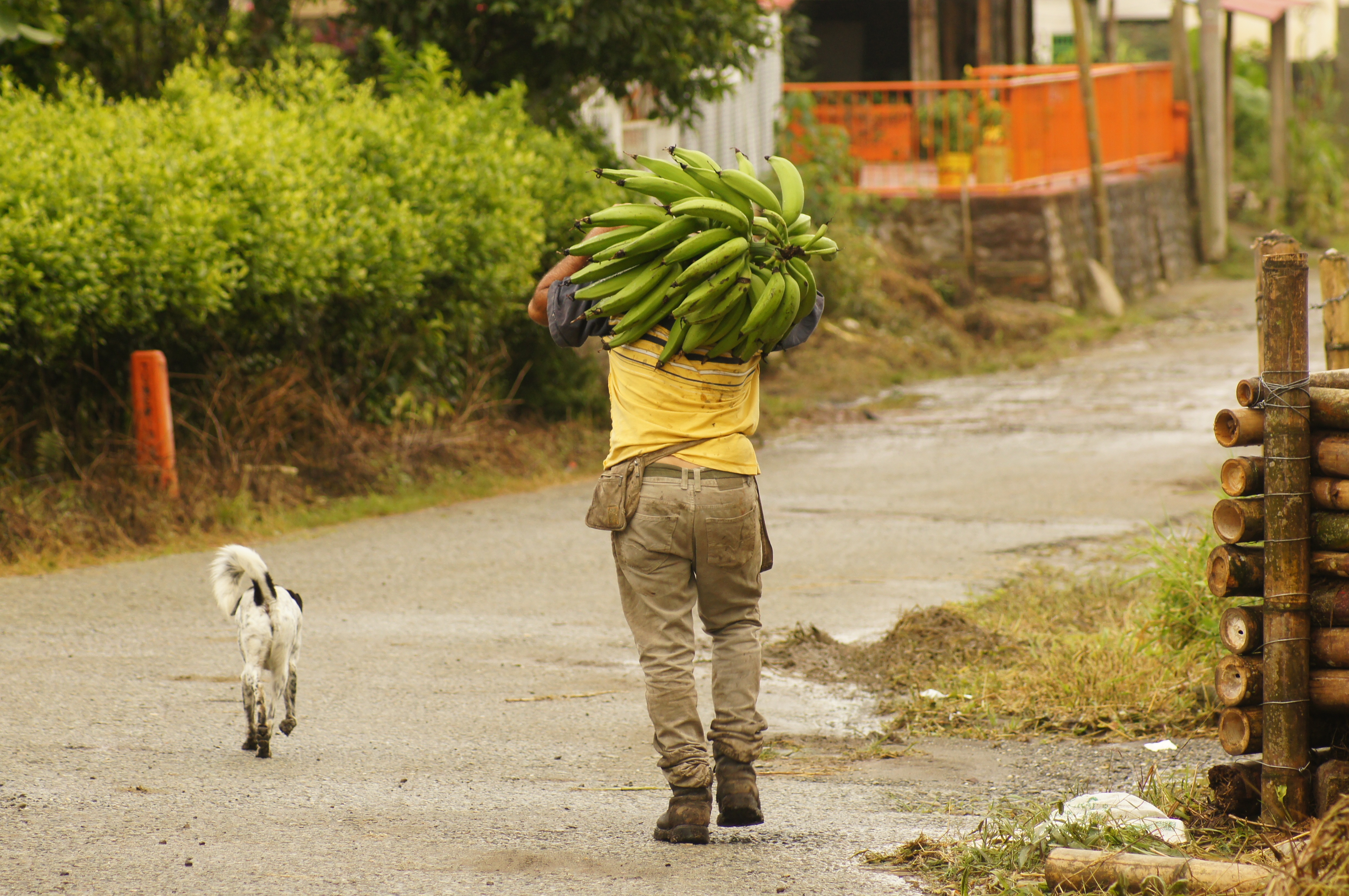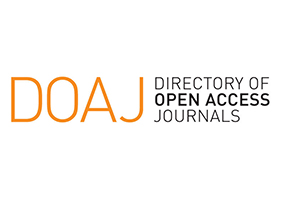Limitations for the creation of rural solidarity organizations in Colombia
DOI:
https://doi.org/10.33304/revinv.v18n2-2023007Abstract
Based on the need to promote greater socioeconomic growth, innovation, employment generation, and quality of life in the Colombian rural sector, this article set out the objective of identifying the main limitations that rural communities have to create solidarity economy organizations, through a descriptive study under the participation-action methodology with 34 coffee-growing peasant communities in the departments of Risaralda, Quindío, Boyacá, and Cundinamarca. In that order, the greatest limitations for the creation of solidarity organizations were identified as the lack of sources of financing, the deterioration of natural resources, and the lack of technical-productive assistance, which represents a contribution in terms of generating new knowledge for the construction of better state strategies that support the socioeconomic development of the Colombian rural sector. Among the limitations of this research, it is recognized the need to expand the population under study to other regions and productive agricultural subsectors, in order to be able to validate the representativeness of the results at the level of other regions as well as in the country context.
Downloads

Downloads
Published
How to Cite
Issue
Section
License

This work is licensed under a Creative Commons Attribution-NonCommercial-ShareAlike 4.0 International License.
This journal provides immediate free access to its content under the principle of making research available to the public free of charge, which fosters a greater exchange of global knowledge. This work is under a Licencia Creative Commons Atribución-NoComercial-CompartirIgual 4.0 Internacional (Creative Commons Attribution-NonCommercial-ShareAlike 4.0 International License) However, any request by the author to obtain permission for their reproduction will be evaluated.










